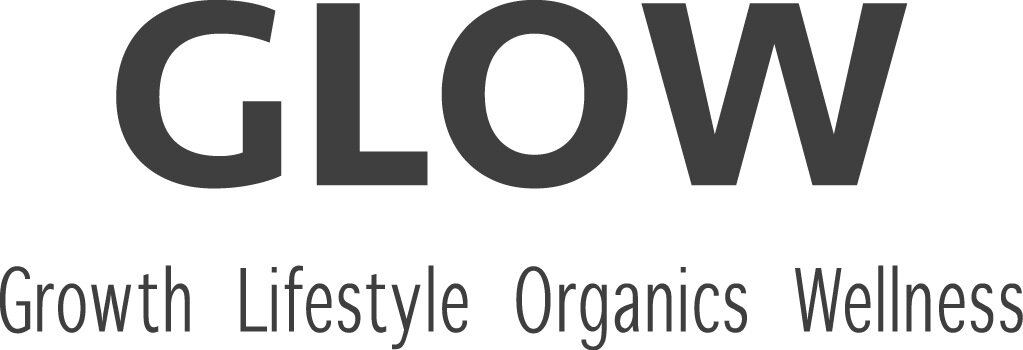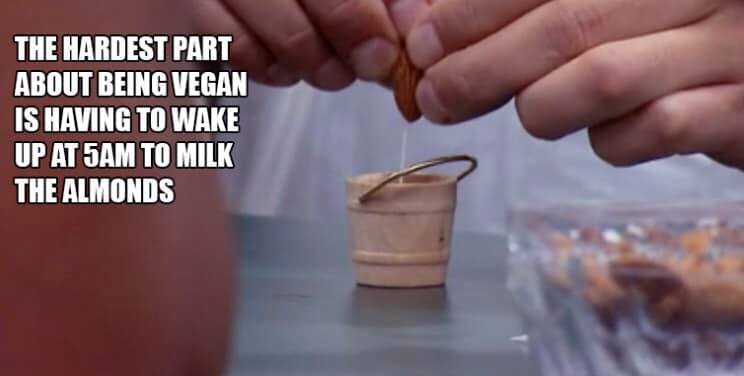We are often advised to transition to plant based milk as a healthier and more environmentally friendly option than animal milk. Following the increasing demand, shops now offer various plant based milk alternatives:
coconut
grain based: oat, quinoa, rice, spelt
nut based: almond, cashew, hazelnut, walnut
seed based: chia, sesame
soy
other: tiger nuts (chufas), hemp
Just like we used to be told to drink plenty of milk, now we are advised to drink vegan alternatives. It reminds me of the butter vs margarine debate.
There is no doubt that plant based milk is a godsend for many. But unless it is freshly made and consumed within 2-3 days, it may not provide any benefits to either health or the planet. The fact that food is free of dairy, gluten and sugar, does not automatically make it either healthy or sustainable. In other words, what makes food healthy is what’s in the food as opposed to what is not.
What you should be aware of:
Nut milk is not made of nuts in their raw form but rather from a defatted nut powder, water and an emulsifier so that the liquid does not separate and is attractive to consumers. As a result, it doesn’t have the health benefits of the actual nuts.
The emulsifying agent is usually a polyunsaturated fat, like low or medium oleic sunflower or rapeseed oil. Such oil should be placed in the fridge upon expelling. Otherwise, it gets damaged by the time it even gets on a shelf.
In order to keep the emulsion stable, ultra high pressure homogenisation is applied. Although this doesn’t involve high temperature, mixing fat with water under high pressure may have negative effects on the fatty acids too.
Often times, synthetic vitamins are added. Synthetic vitamins can block receptors for vitamins from food, which can cause nutrient imbalances over a period of time. A prime example is vitamin D2 that is added in place of vitamin D3. Vitamin D2 has the opposite effect to D3, i.e. it directs calcium from hard tissues, like bones, to soft tissues, like arteries.
Grain and cereal based milk is made of uncooked grains. However, grains and cereals like oats, quinoa, spelt, buckwheat, teff and amaranth should be soaked and cooked prior to eating, to remove natural anti-nutrients and increase digestibility. Grain based milk is pretty much the soaking water from grains (traditionally, it is discarded). Even if you soak, discard the water and re-soak, uncooked grains are hard on the human digestive tract.
Most alternatives come in septic TetraPaks. In order to ensure a sterile environment and prolong shelf life, the milk has to undergo UHT (ultra high temperature processing) treatment, which means heating the liquid 135 Celcius (275 Fahrenheit) degrees. The process oxidises the delicate fatty acids contained within polyunsaturated fats, rendering them proinflammatory. Moreover, TetraPaks are lined with polyethylene terephthalate (PET), the same type of plastic that is used for bottling mineral water. PET is a known endocrine disruptor due to leaching xenoestrogens, especially when exposed to a high temperature. We know that drinking water from a bottle that was left in a hot car is unhealthy but do we know that food packed in TetraPaks is even worse? Ultrapasteurisation is a processing method that kills the raw ingredient, even when the end product is labelled as organic.
Rice milk is pretty much sugar water (100ml of unsweetened rice milk contains over 1 tea spoon of sugar).
Coconut is special - its fatty acid profile is more resistant to temperature, making it a safer choice.
Plant based milk for babies
Plant milk is not a solution for babies under the age of 1. Grains and nuts are best avoided before the first birthday due to baby’s digestive inefficiency caused by the lack of certain enzymes. Moreover, the most important nutrient for babies is cholesterol which is absent in plant milk (and on the vegan diet in general). The fact that it is visually similar to animal milk, doesn’t make it a good substitute for either breast milk or formula. If your baby is breast fed and suffers from an allergy, it will be best to carry out an elimination diet, also for the mum if she is still breastfeeding. If your baby is formula fed, look into home made formula recipes like this one or peptide based formula. To avoid cow’s milk, home made formula can be made with fresh goat or sheep’s milk, or Mount Capra goat’s milk powder. Again, giving babies plant milk from TetraPaks exposes them to xenoestrogens from early days which may contribute to estrogen dominance syndrome later in life - one of the contributors to estrogen dependent cancers.
Allergy and intolerance to milk proteins
Milk protein casein or whey can cause a whole host of symptoms in both children and adults. However, even when abstaining from milk proteins, allergy or intolerance to them will remain unresolved unless one rebalances the immune system. Most people who react to dairy also react to other food proteins and it takes addressing multiple body ststems to tackle food reactions.
Lactose intolerance can be mitigated by fermentation (even breast milk can be fermented), probiotic therapy or supplementing with the enzyme lactase. Constipation in babies is usually a result of imbalanced gut flora and / or allergy to milk protein casein, in which case appropriate probiotic strains and fermentation can also help.
After the age of 1, babies can enjoy plant milk (preferably home-made) as an addition to a well balanced diet, rich in quality animal fats to supply the necessary fat soluble nutrients: cholesterol, retinol, vitamin D3 and vitamin K2 MK7. Nutrients obtained from plant milk are optional for a growing child.
Sustainability
The greatest environmental aspect of the production of conventional dairy milk is greenhouse gas emissions. But mass production of vegan alternatives doesn’t go without damage either, especially in terms of water use and exploiting the soil. Ideally, the best way to support the planet would be by not drinking neither conventional dairy, nor shop bought plant based milk. The most sustainable way to enjoy plant based milk is making your own from plants that grow near you.
Best options
Home made nut or coconut milk. The pulp can be rehydrated or used ‘wet’. Great in baking, granola, grain free ‘porridge’, energy balls, stuffing, or used as batter.
Some vegan cafés and healthy bars make and sell fresh plant based milk. You can also find it at farmer’s markets.
Coconut milk in BPA-free tins or carton which only has coconut and water on the list of ingredients. At least 60% of coconut is desirable and it can be diluted with water, e.g. when cooking porridge.


